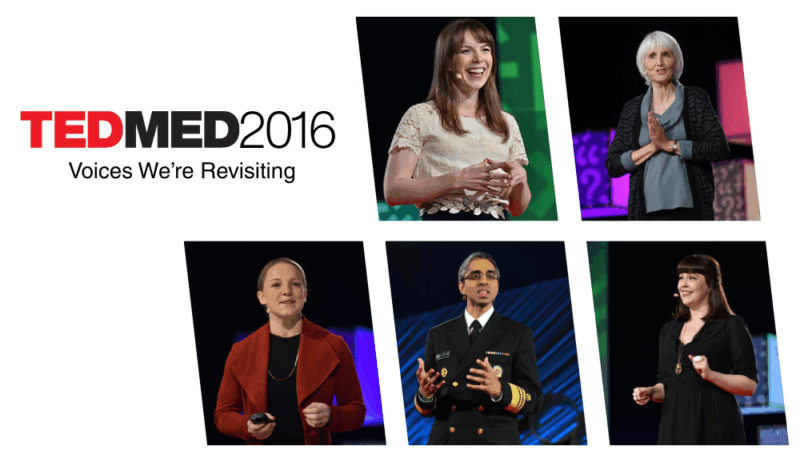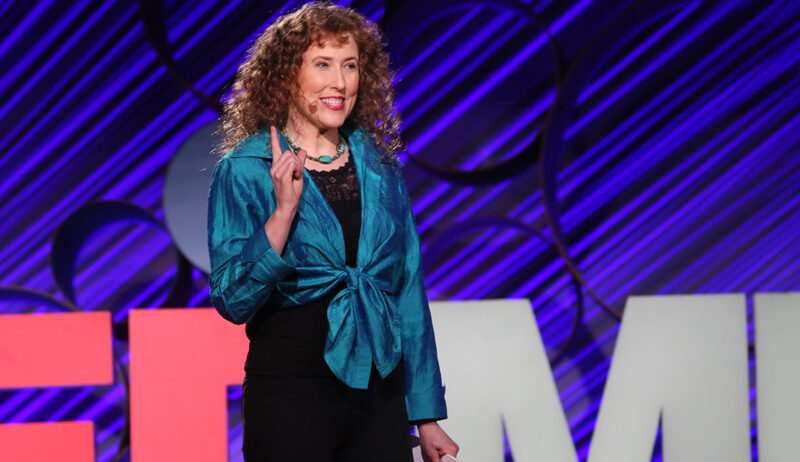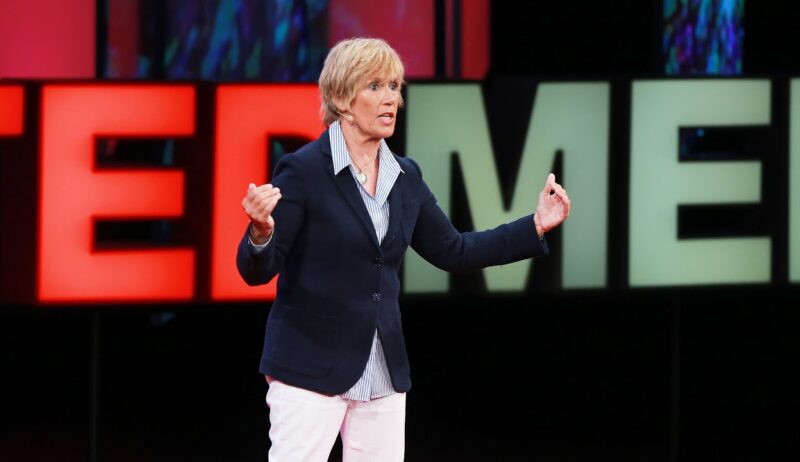
2016 Voices We're Revisiting
This year, we’re revisiting some of TEDMED’s most unforgettable talks from 2016 – ideas that continue to resonate today. From profound reflections on life and death to innovations…
Curated Playlists of TEDMED Talks, Conversations and Podcasts flesh out the topics that are driving the future of health and medicine.

This year, we’re revisiting some of TEDMED’s most unforgettable talks from 2016 – ideas that continue to resonate today. From profound reflections on life and death to innovations…

Looking ahead to 2026, we’re highlighting TEDMED Talks selected by our Director of Scientific Content that challenge, inform, and inspire. Covering mental health, equity, innovation, and the human…

Health is shaped by the systems, communities, and policies around us. These TEDMED Talks explore social determinants of health and why equity matters for everyone.

Youth anxiety, depression, and suicide rates are on the rise. How can we change this trend? Build problem solving skills. Manage stress. Connect with community. Develop friendships.

When firearms are present, intimate partner violence (IPV) is dramatically more likely to end in homicide. Both extreme risk protection orders (ERPOs) and domestic violence protective orders (DVPOs)…

Gun ownership continues to be a controversial subject in the United States amidst rising numbers in gun deaths. From 2019 to 2021, gun deaths among children and teens…

Professional athletes inspire us. They never give up. Push the boundaries of mind and body. Make positive change. Prove to us all that our dreams are worth fighting…